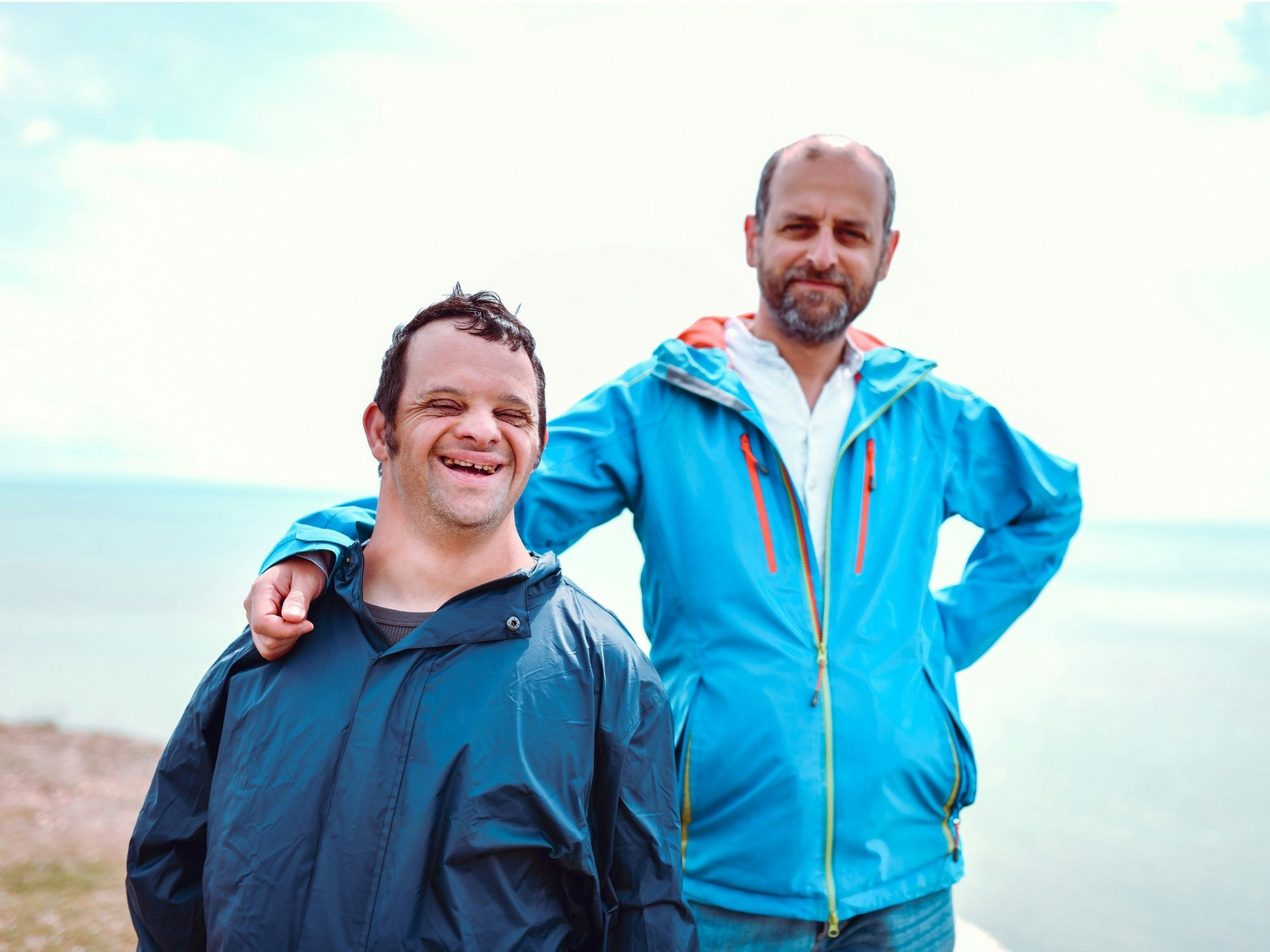Trauma specialists on hand to support people with disability at Commission

As the Royal Commission into Violence, Abuse, Neglect and Exploitation of People with Disability prepares to resume hearings in August, trauma specialists are being made available to support people with disability if they are either engaging with or impacted by the Commission.
The Blue Knot Foundation, Australia’s National Centre of Excellence for Complex Trauma, will be providing a national trauma-informed counselling and referral service for people with disability who have experiences of abuse, neglect, violence and exploitation.
Blue Knot Foundation’s National Counselling and Referral Service (NCRS) is funded by the Commonwealth Government and provides free specialist counselling support as well as a referral service for people with disability, their families and carers, advocates, service providers and sector workers.
The service can be used by anyone, even if they haven’t made a submission or had involvement with the Disability Royal Commission.
Dr Cathy Kezelman AM, President of Blue Knot Foundation, says that the NCRS is imperative to support the many Australians living with disability who have witnessed or experienced abuse, neglect, violence and exploitation.
“Over five million adults in Australia have experiences of complex trauma which is repeated ongoing interpersonal trauma and abuse, often from childhood, as an adult, or both.
“Repeated trauma is more common for people with disability who often have significant support needs and face many barriers to participation.”
Dr Kezelman says that the importance of supporting people with disability has been highlighted even more as people with disability face physical distancing, social isolation, loss of some face-to-face services and the threat of contagion.
“We’re committed to providing support for people with disability affected by trauma, including those experiencing additional stress and anxiety during the COVID-19 pandemic.
“Now more than ever we are seeing the need for additional tele-support for people in need due to the loss of support and advocacy networks in a time of escalating need.”
Dr Kezelman explains that the services will listen, hear and understand what a caller needs in the moment and work with them to find how best to provide and broker appropriate trauma-informed support.
“It is a safe first point of contact, which provides choice and empowers callers to identify their needs, including any barriers to overcome,” says Dr Kezelman.
“We also provide information and tools to support callers to better manage their trauma and distress, supporting not only people with disability but also advocates, family members, friends, carers, service providers and frontline workers and directing them to other support resources as needed.”
The NCRS is available by phone, webchat, videoconference and SMS. The service offers free access to the Translating and Interpreting Service (TIS) and the National Relay Service, supporting people who speak languages other than English, are deaf or have a hearing or speech impairment.
You can call the National Counselling and Referral Service on 1800 421 468, 9 am – 6 pm Australian Eastern Standard Time (AEST) Monday to Friday or 9 am – 5 pm AEST Saturday, Sunday and public holidays.
Visit the Disability Royal Commission, or the National Counselling and Referral Service, for more information.